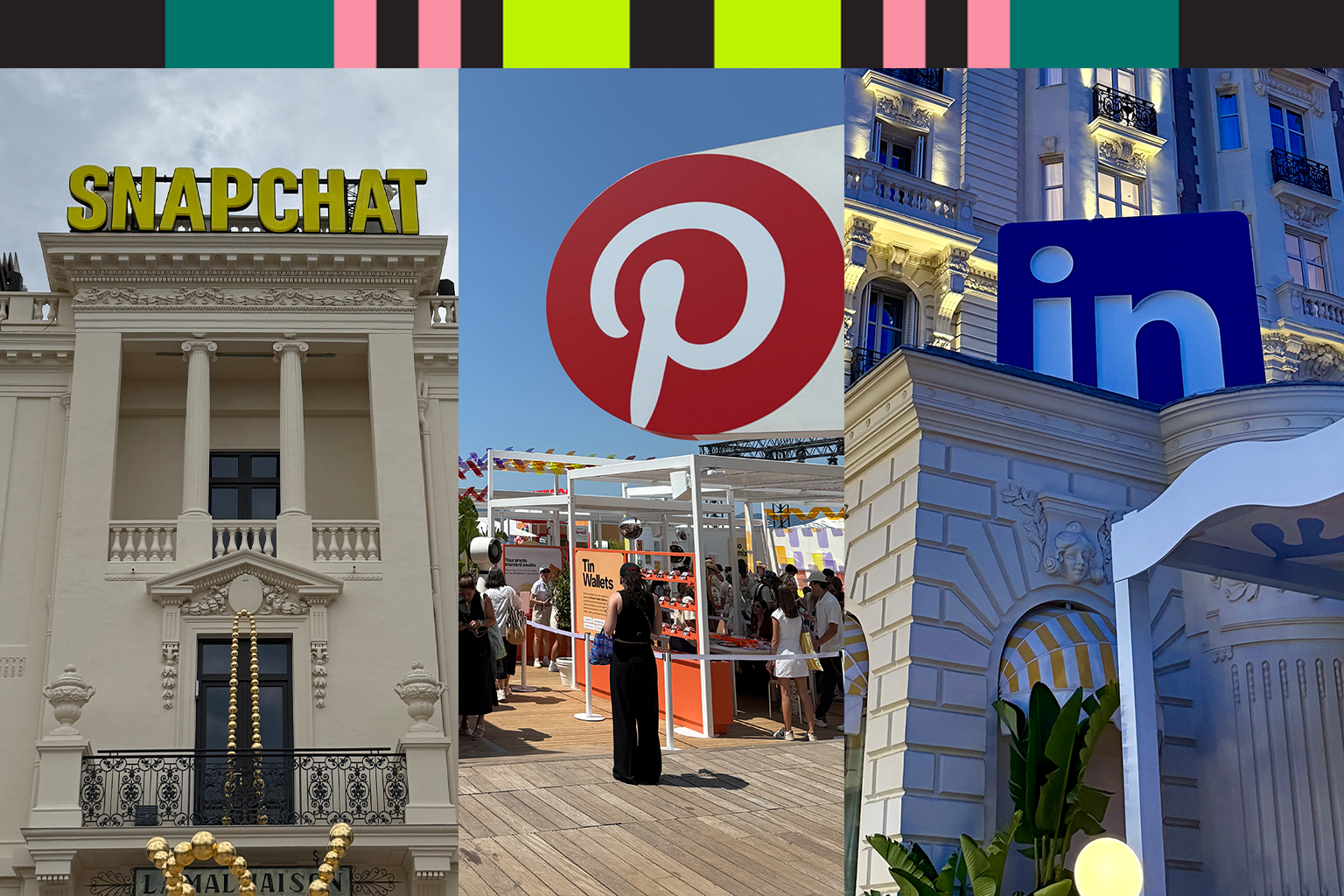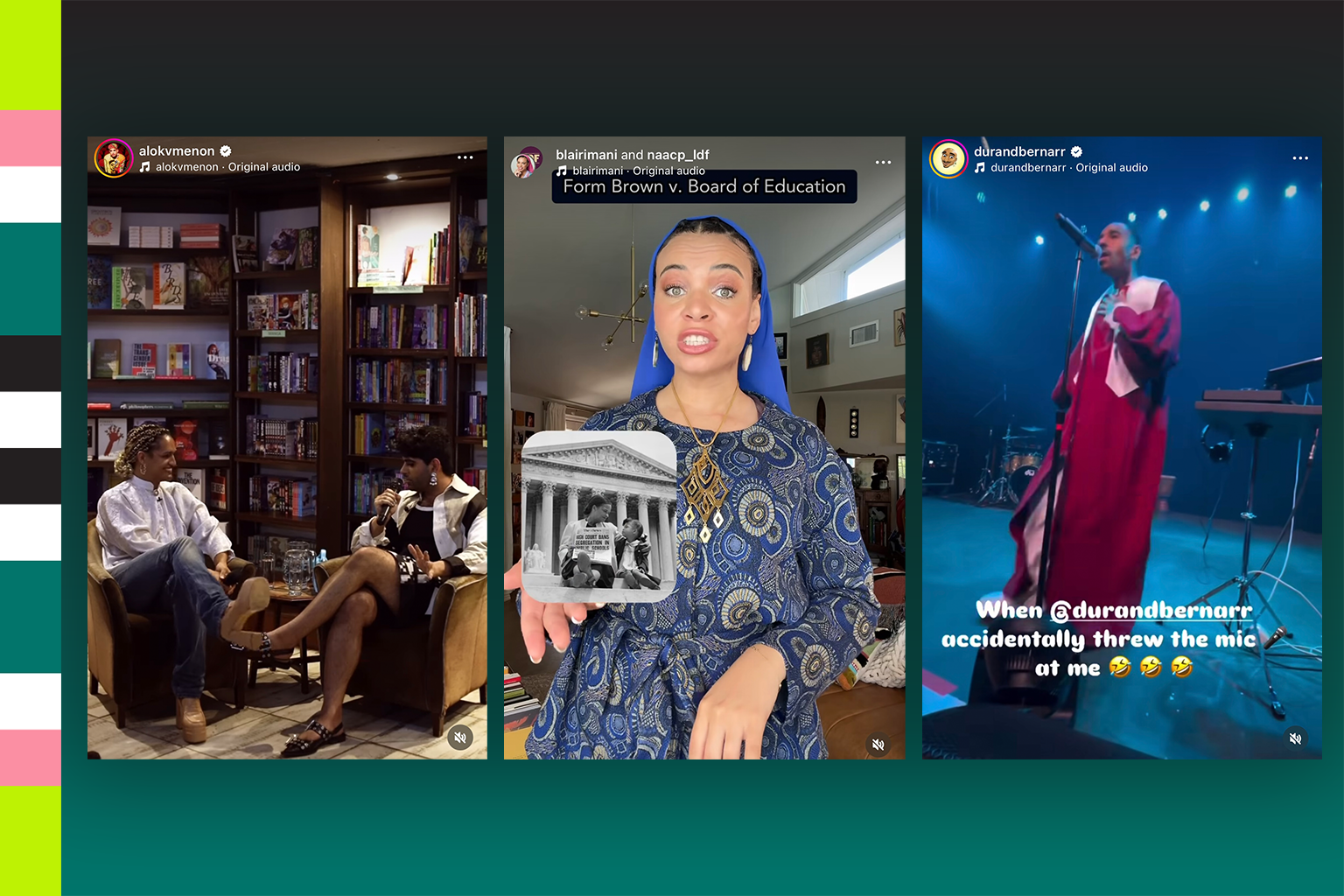
This article was previously published at Social Media Today.
Jeff Bezos and Amazon are drawing attention with recent rumors about launching a personal messaging app. The app, reportedly called ‘Anytime’, would link users through one-to-one messaging. Additionally, it’s rumored that the app would include integrations for many Amazon service offerings.
The following snippet comes from Marketing Dive:

Further, Amazon recently launched Spark, an Instagram-like feed for Prime members filled with images and stories based on users likes and interests – with direct links for products to purchase.
Spark, paired with Anytime, appears to be a big move by the eCommerce giant aimed at making the jump into social media – and monetizing the leap.
At first glance, the move is intriguing – it includes an array of elements we come in contact with on a day-to-day basis, whether it be friends, family, businesses, products, or entertainment, and could be easily linked with Amazon’s one-click purchase process. What’s not to like?
But while this is certainly a big move for Amazon, the ripples made will inevitably alter Facebook’s current course.
Over the first half of the year, Facebook has been slowly ramping up its eCommerce capabilities across its entire family of apps. The social giant has made it easier to access profiles across platforms, advanced its capabilities to buy products directly on each, and is experimenting with augmented reality and object recognition, which has obvious links to eCommerce potential.

As we all know, if someone is doing something well on the internet, Facebook won’t be far behind, especially if that something includes connecting large groups of people. Amazon certainly checks that box, and this wouldn’t be the first time Facebook knocked off an Amazon product.
Within the past year, Facebook has launched a gaming platform to challenge Amazon-owned Twitch, and Collections, an in-app shopping option which advances their on-platform buying ambitions. Additionally, the platform’s constantly evolving its broadcast media capacity, a future competitor for Amazon’s Prime Video.
Right now, Amazon and Facebook are in opposite, yet equal positions – Amazon owns the eCommerce space and is looking to move into social media and messaging, while Facebook owns social media and messaging and is eyeing eCommerce.
But if Facebook were to act in response to Amazon’s latest move, what could eCommerce look like on Zuckerberg’s turf? In a nutshell, it would be a platform with Instagram’s inspiration and product discovery, Messenger’s customer service and one-to-one messaging, and Facebook’s payment and scale.
Let’s start “small” and work our way up the ladder.
Instagram: Product discovery and Inspiration
Instagram, and its now more than 700 million users, has been lauded for its influencer marketing and product discovery capabilities. The platform offers a positive environment, and is arguably the most aggressive in fighting harmful content amongst Facebook’s family of apps. The platform has started tapping into its potential in generating link traffic, was recently integrated into Page feeds, and is consistently pushing for more one-to-one messaging capabilities. Such a push could be a premonition towards future integration with…
Messenger: Customer service, scalable 1:1 messaging
It isn’t too far-fetched that Facebook would make this move, as it made Messenger the only messaging option in its flagship app last fall. Messenger boasts an audience of 1.2 billion users, is constantly revamping its home screen and discover sections, and recently added peer-to-peer payment capabilities.
Additionally, Facebook’s push in making artificial intelligence a hallmark of Messenger, chatbots offer one-to-one messaging in a scalable format. Chatbots, while off to a slow start, are an immensely powerful tool in customer service when used correctly. As the technology progresses, it’s not too difficult to imagine a virtual shopping assistant with AR capabilities that can help you find the right product.
Even further, as Facebook continues its AR push, the platform could offer a virtual fitting room to show you how that shirt would look on you.
Facebook: Scale and bringing it all together
Last but not least, Facebook brings it all together through scale. The platform already offers the ability to purchase products directly on the platform through Collections (depending on transaction system). Brands that have their Instagram profiles linked through business manager have their profiles showcased on their Page. Facebook is now home to product catalogs, product and service reviews, contact information, operating hours, and just about anything else you would see on a retailer’s website.
All that said, let’s walk through a potential scenario:
You like an Instagram post featuring a men’s sport coat because, hey, you’re in the market for a new sport coat. You’re immediately served a promoted post for 20% off that same sport coat. You’re interested, so you go to the brand’s profile and tap “Message”, which pulls up a customer service bot in Messenger. You ask if said jacket is available in a 42L. The bot checks inventory and responds “Yes. Do you have any interest in purchasing?” You respond “Yes.” The bot transfers you to the checkout section of the brand’s Facebook page, and you proceed to purchase the jacket.
The above scenario took place in less than 60 seconds. You’re out 20% less cash than you would’ve spent, and you’ve got the exact jacket you liked less than one minute ago.
It’s not difficult to see the potential staring at Facebook, and as the family of apps becomes more and more intertwined, the discovery-to-purchase process could grow even more seamless.
But then again, Facebook could also look to go even simpler – late last year, Instagram, started testing ‘Shopping Tags‘ in images which would theoretically enable Instagram users to click on items and make purchases in-stream.
That option – which was expanded in March – could be ramped up in the response to Amazon’s move, creating a virtually identical system. Instagram does lack the one-click purchase process of Amazon, but it does have scale. And maybe streamlined purchasing is not as far off as it seems.
If Facebook does choose to move on eCommerce and can continue to appease advertisers through results and transparency, Jeff Bezos and Amazon could have a steeper climb ahead than expected. While Amazon’s move in itself is interesting, it may be even more impactful in how the existing players respond, and what new options we see arise as a result.



